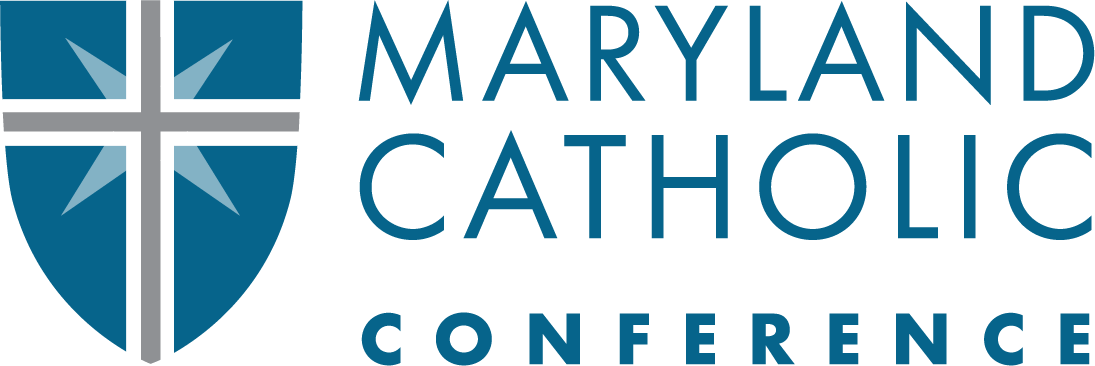Favorable
Committee: Health & Government Operations
HB1019
The Maryland Catholic Conference (MCC) offers this testimony in support of House Bill 1019. The MCC represents the public policy interests of the three (arch)dioceses serving Maryland, which together encompass over one million Marylanders. Across the state, Catholic parishes, schools, hospitals, and charitable organizations form Maryland’s second-largest social service provider network, surpassed only by the state government.
House Bill 1019 seeks to prohibit governmental authorities from unduly burdening a person’s exercise of religion, to authorize those aggrieved by such violations to seek relief, and to reaffirm the fundamental principle of religious freedom.
Religious freedom is not merely a privilege granted by the state; it is a fundamental human right inherent to the dignity of every person. The Catholic Church has long upheld the principle of religious liberty, as affirmed in the Second Vatican Council’s declaration Dignitatis Humanae, which states: “The human person has a right to religious freedom. This freedom means that all men are to be immune from coercion on the part of individuals or of social groups and of any human power, in such wise that no one is to be forced to act in a manner contrary to his own beliefs.” (1)
This teaching reflects our conviction that faith must be freely lived and expressed, not restricted by government overreach.
This legislation appropriately recognizes that while the government has legitimate interests in the regulation of civil life, it must not impose substantial burdens on religious exercise without a compelling justification. History and contemporary events remind us that without clear legal protections, people of faith and religious institutions may face undue interference in their mission to serve their communities according to their beliefs. Whether in matters of worship, conscience-based objections, or religious charities’ ability to serve the needy, religious freedom must remain robust and protected.
Moreover, this legislation provides an important avenue for individuals who experience violations of their religious freedom to seek relief. The ability to pursue legal recourse ensures that this fundamental right is not merely theoretical but enforceable. Such provisions align with our nation’s longstanding commitment to protecting the rights of conscience and belief, as enshrined in the First Amendment of the U.S. Constitution.
The Catholic Church has a deep and abiding commitment to the common good, which includes advocating for policies that uphold human dignity, religious freedom, and social harmony. Laws that prevent government entities from unjustly burdening religious practice are not about creating special privileges for people of faith; rather, they reinforce a balanced approach that respects both the rights of religious individuals and the interests of the broader society.
In a time when religious expression is increasingly challenged in various ways, it is imperative to reaffirm the foundational role that faith plays in the lives of millions. Protecting religious freedom strengthens the moral and spiritual fabric of our communities, allowing individuals and institutions to continue their essential work in education, healthcare, and charitable service.
For these reasons, I respectfully urge the committee to SUPPORT HB 1019.
___
(1) Dignitatis humanae, 2, https://www.vatican.va/archive/hist_councils/ii_vatican_council/documents/vat-ii_decl_19651207_dignitatis-humanae_en.html
